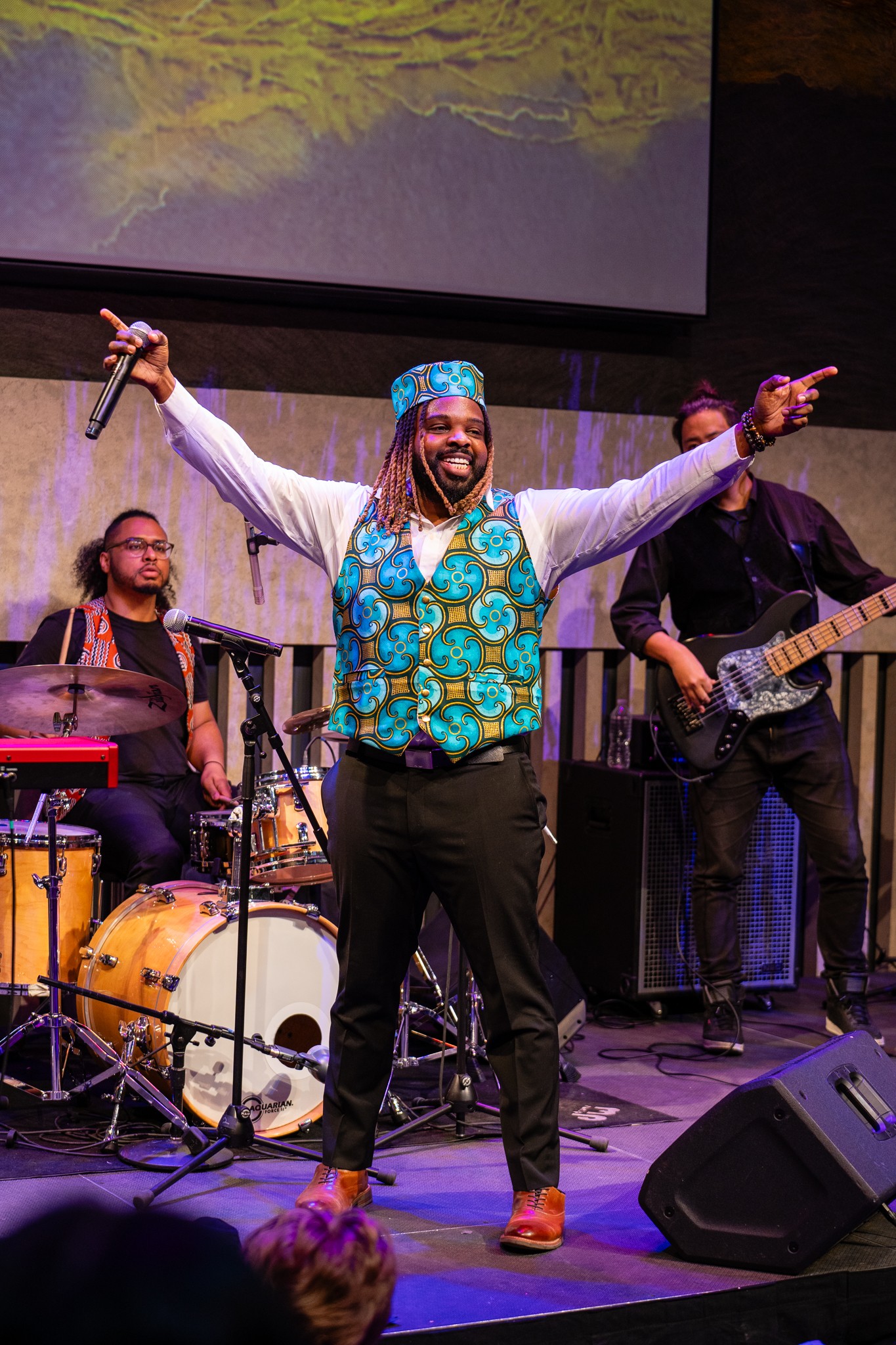We’re excited to introduce you to the always interesting and insightful Harold “Fyütch” Simmons. We hope you’ll enjoy our conversation with Harold “Fyütch” below.
Harold “Fyütch”, appreciate you joining us today. Have you been able to earn a full-time living from your creative work? If so, can you walk us through your journey and how you made it happen? Was it like that from day one? If not, what were some of the major steps and milestones and do you think you could have sped up the process somehow knowing what you know now?
It took me 20 years to make a full-time living from music. My journey began 2003 in Nashville, TN writing poetry and R&B songs for my middle school crushes, and freestyling in rap cyphers with my friends. My late-aunt Marie gave me a Yamaha keyboard that could record 4 tracks. That was my introduction to producing music. My friend Rob Reed had a Mac computer with Logic, and we used to record songs to his beats or Phillip Cole’s beats. We were all 13 or 14 years old by this time, heavily influenced by Ludacris, Kanye, 50 Cent, and Pharrell. I used to print song lyrics out at the library, and study how to write verses. I was a church kid, so I had to write clean music, but I’m thankful I learned how to get my point across without cursing.
In high school, I started a band with my friends call Improv, Lyrics and Life (I.L.L.). I was the lead vocalist and played alto saxophone along with Wesley Winfrey. The other vocalist, Openmic, now known as Mike Floss, also played trumpet. Nicolette Carney on drums, Jordan Alexander on bass, and Carolyn Park on keys. We won the school talent show two years in a row, as well as a city-wide Battle of the Bands competition. Unfortunately, that band didn’t last much longer, but I started another band called Biscuits and Gravy with my friend Wesley and two other church kids, Eric Sexton on keys, and Brandon Holt on drums. We later added Brady Surface on bass. We quickly gained popularity in the city, managed by Eric Holt of Lovenoise. We opened for GZA from Wu-Tang and Kanye West, and toured regionally. We were all underage performing at clubs and bars, impressing audiences with our mature sound being under 18. It was incredible. I figured our group would “blow up” and that would be my introduction to the music business. But it didn’t quite pan out. As we got older, and went to college it was harder to stay consistent.
That pattern of feeling like something was “it” only for it to just be another stepping stone, happened countless times over my career. It built a tough skin and also an awareness of trends and uptick moments that lead to the next level.
I attended Belmont University for the music business degree. I actually knew the knowledge taught in my classes from my experience. I started releasing solo music and over the next 10 years, experimented with youtube and social media comedic content, By 2017, I had songs, content, or interviews on MTV, Vibe Magazine, and Mass Appeal. However, I still hadn’t cracked the code how to make a living from my art.
The breakthrough came on my YouTube channel in 2017, when I posted a music video called “Black History Song For Kids.” Teachers and parents gravitated to the song and opened the door to my next chapter – creating educational and uplifting music for the next generation.
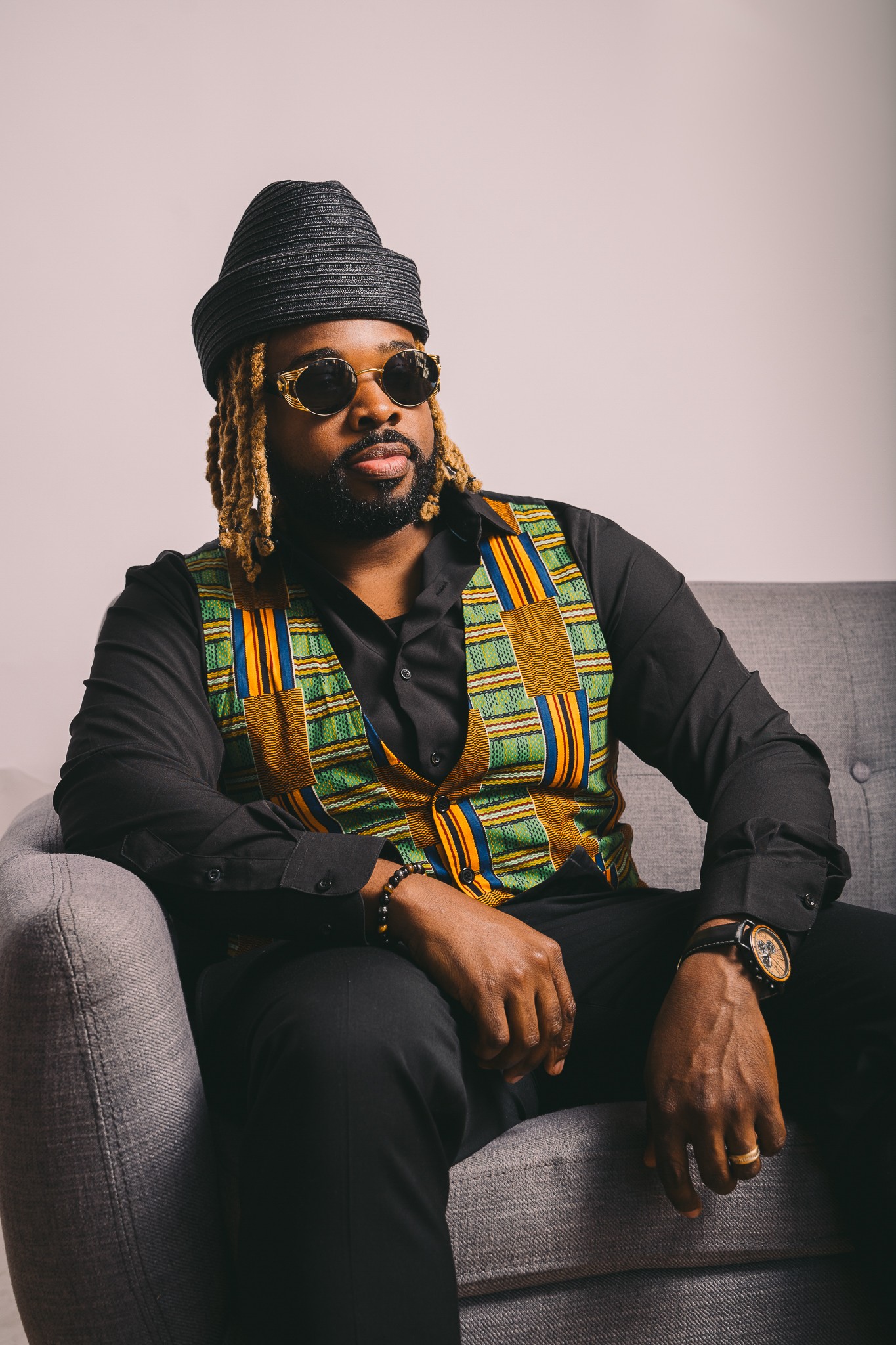
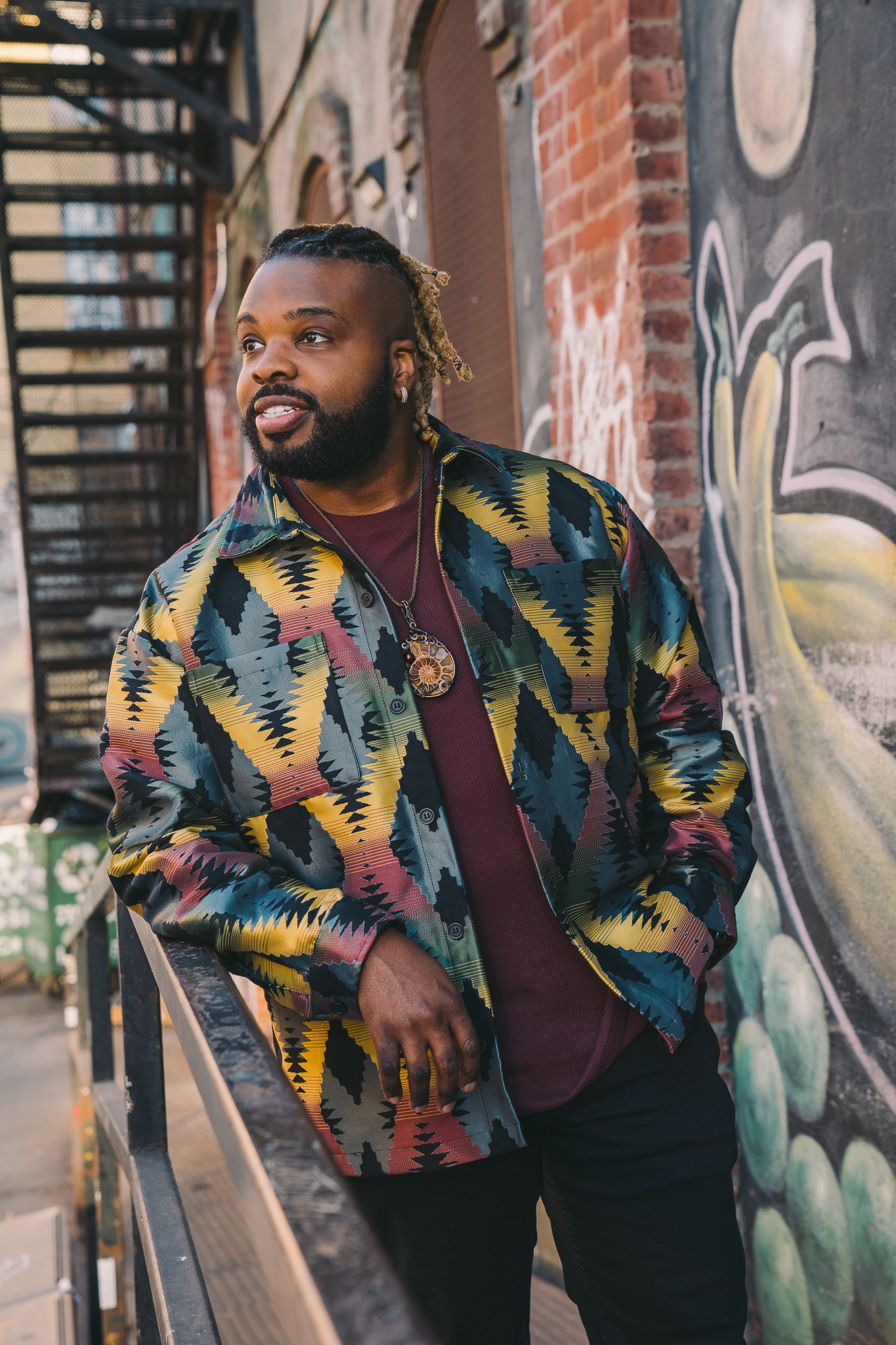
As always, we appreciate you sharing your insights and we’ve got a few more questions for you, but before we get to all of that can you take a minute to introduce yourself and give our readers some of your back background and context?
I’m a music artist and a social justice activist. As a Black man, I can’t escape politics if I tried. Even the terms “Black” or “African-American” are political in nature. So my very existence is always labeled and up for discussion and debate. When I leaned into creating music and content explicitly from this lens to educate and empower, thats when I uncovered a virtually untapped niche of dope and current music that appeals to all ages and can be used in the classroom.
While I pursued music, I was also a teacher for 15 years. I credit my time working for non-profit arts organizations like Dreamyard and Southern Word for modeling social justice curriculum through the arts. For years I tried to keep my music separate from my teaching, but when I combined them, that’s when my career finally took off.
I went from simply creating good music, to serving a need. And that need is for adults, specifically parents and teachers, looking for empowering and educational music and performances for their students and families. What I bring to this space of all-ages entertainment, or Family music, is an authentic Hip-Hop and R&B sound from my experience in the industry, as well as a knowledge of classroom instruction and learning standards.
The true spirit of Hip-Hop is the voice of Black and Brown youth from neighborhoods like the one I grew up in, talking about their reality in this country, and abroad. Real Hip-Hop has always been educational and empowering in nature. Speaking truth to power. And now more than ever, our voices are being silenced and banned. So my songs about Black history, Indigenous Peoples, Black hair appreciation and empathy are radical representation and anthems of pride. I perform at schools, universities, theaters, and music festivals around the country with this message of hope and self-love.
Now that I have established myself in the scene, I write and produce songs for other artists. I am the host of a kids podcast called ‘Once Upon a Beat’ by Tinkercast and Wondery currently in its second season. I’ve composed music for Sesame Street, and other film/tv projects. Finding my niche, or rather my fan base discovering me, has completely allowed me to flourish as an independent artist and creative.
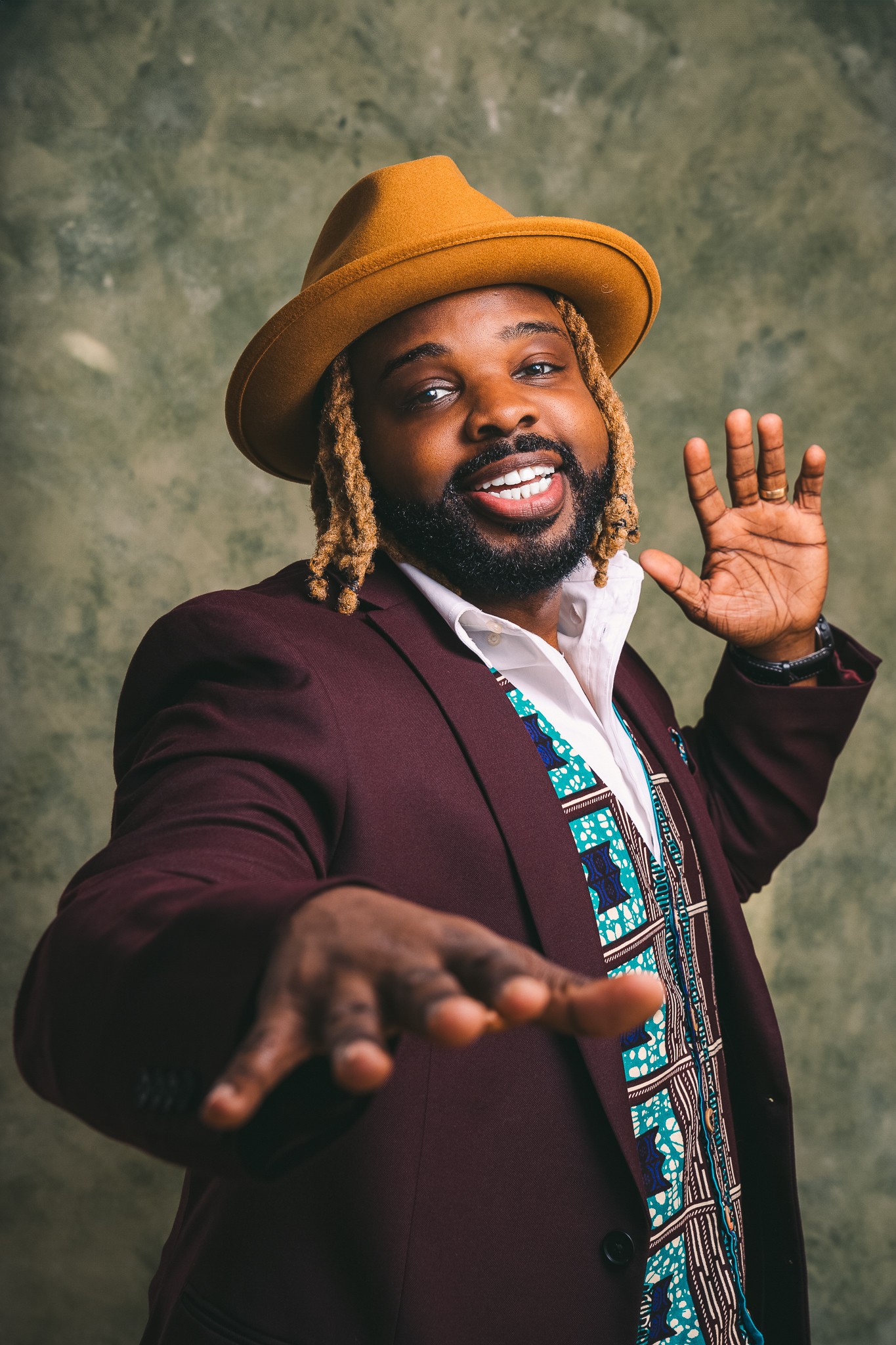
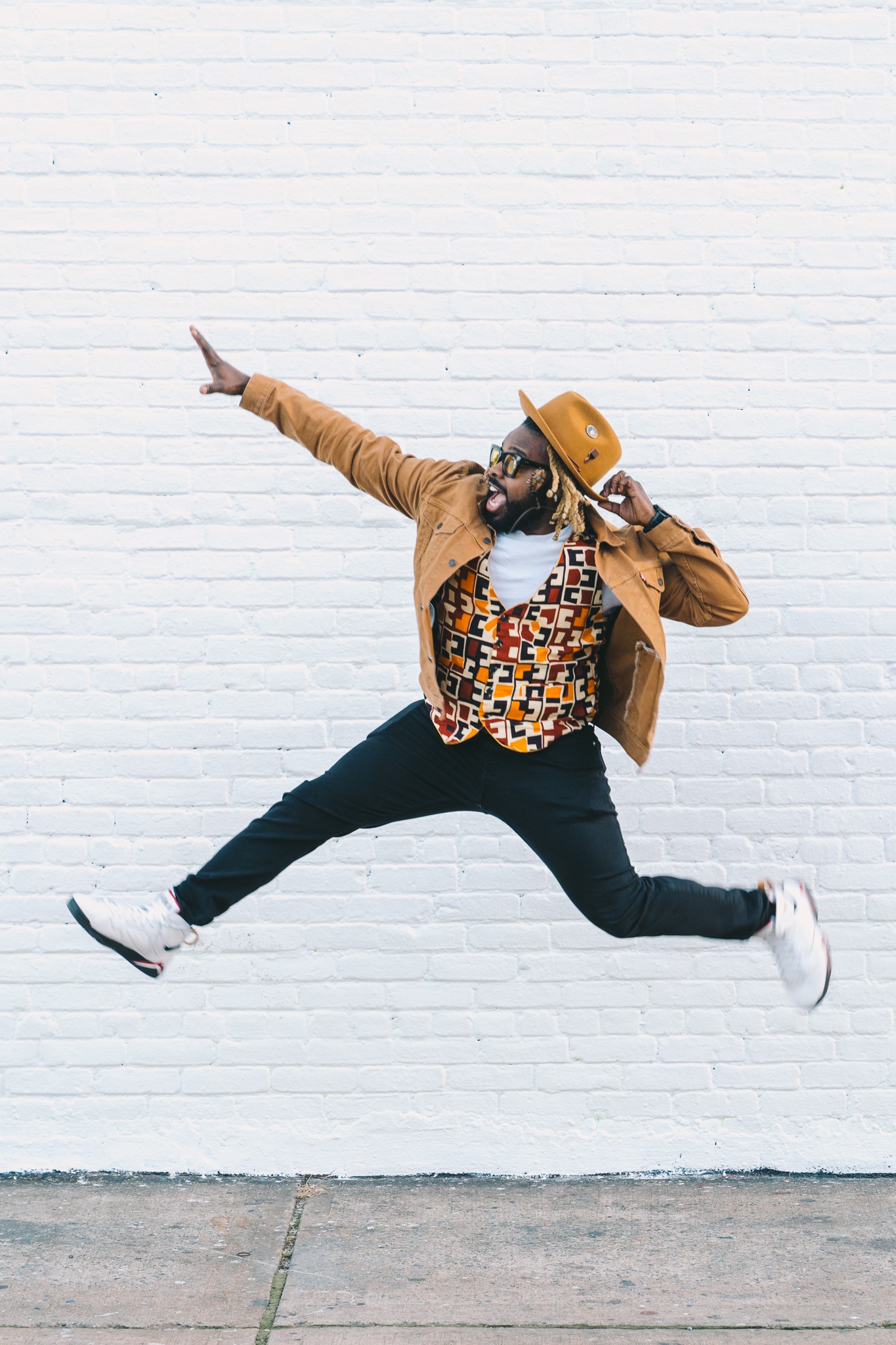
Have you ever had to pivot?
My educational songs on YouTube were a big awakening. I made the “Black History Song for Kids” in 2017, and I was honestly worried about making music for kids. That song got bigger than most of my other songs at that time. Teachers were sending me videos of kids performing my song at their assemblies and concerts. I didn’t want to be known as a Children’s artist. I waited until 2019 to release another educational song on YouTube, and the same thing happened. It went viral. it was even bigger than the last time. I had to seriously consider the fact that people were in need of something I could provide. Why would I let my ego and my idea of what success was discourage me from using my gifts? I started meeting with other popular Family music artists, like 123 Andres, Pierce Freelon and Alphabet Rockers, all Grammy winners or nominated artists and published authors. They showed me that a career was possible in this space and that my voice was needed. I decided that my next album would be an all-ages album with young audeinces in mind. Sure enough, my ‘Family Tree’ album in 2021 became my biggest album to date, with appearances on The Today Show and Nick Cannon show. By that following year, I left my job as a classroom teacher because there was so much demand for my live performances.
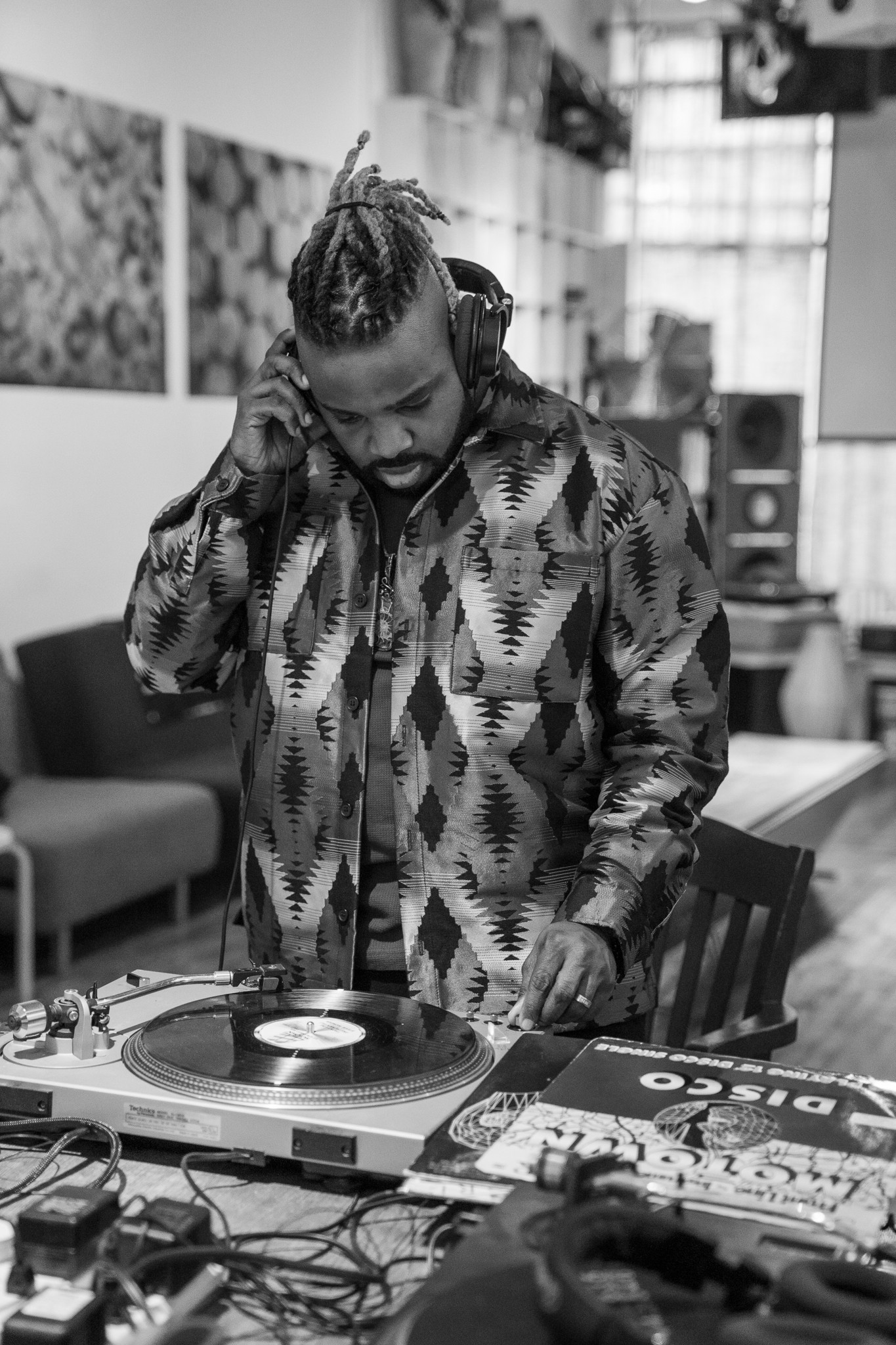
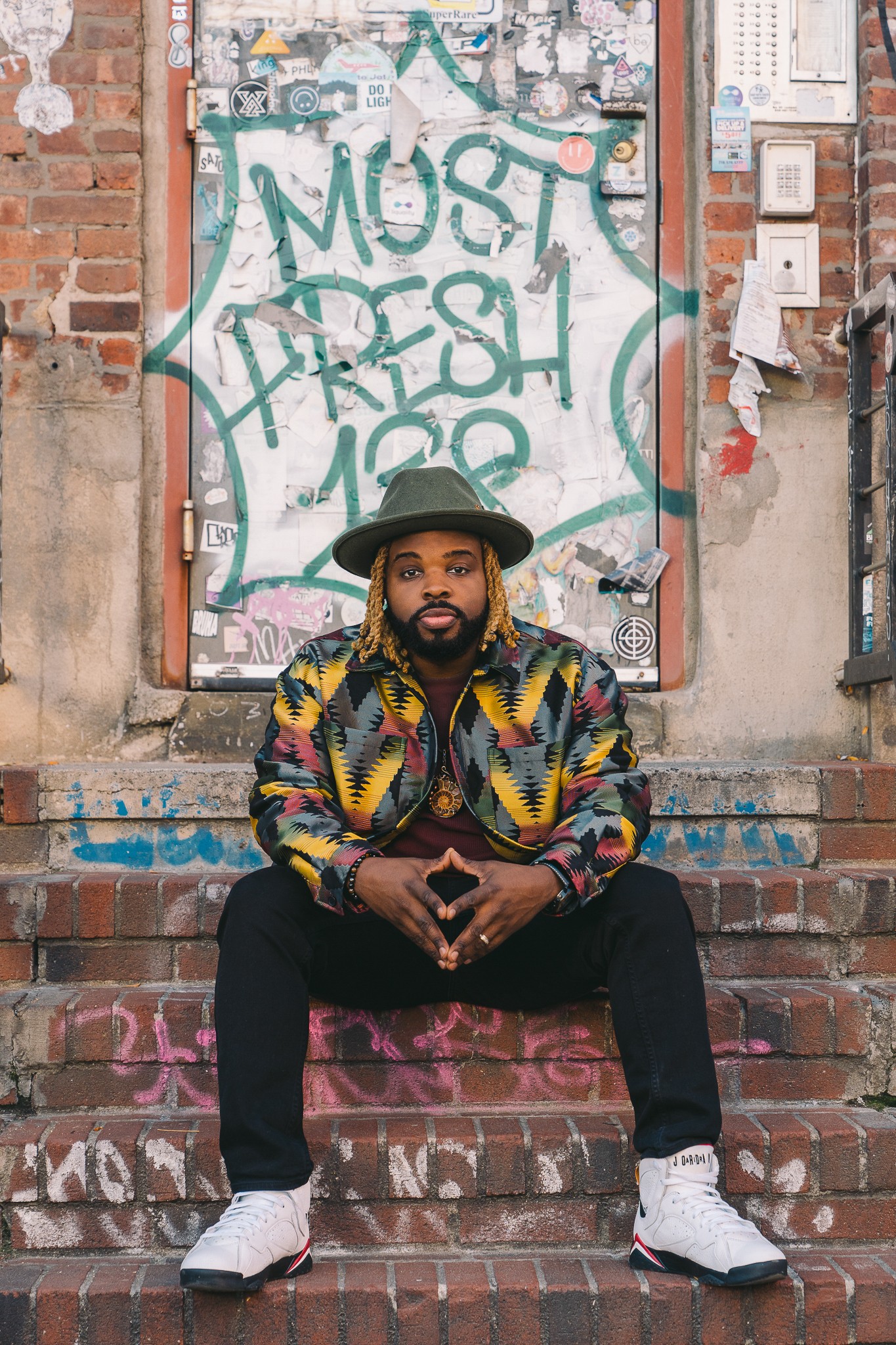
We often hear about learning lessons – but just as important is unlearning lessons. Have you ever had to unlearn a lesson?
I had to unlearn the idea that anyone will ever do anything for me. The myth of the music industry is that a manager or label will discover you and make you a star. That has never been the case. Talent alone is not the magic. You have to have work ethic and be willing to do the work, and then work harder. A manager only wants a client they can manage, that they see a future with, that they see making money with. In my attempts to get discovered, I had to learn everything about the creative process from necessity: how to write, produce, and mix music. How to manage my own song rights and paperwork. How to book myself at venues. I had to learn by trial and error who my target audience is. How people view me as an artist. What is my brand identity? What values do people associate with me? What song topics and messaging appeal to that audience? What is my look? My fashion statement? What products can I sell. Shoooot, I’m still learning this by trial and error. But as soon as I started establishing these things, thats when I got a booking agent. Thats when I started making content deals with brands. Thats when podcasts were able to see my identity working well with their show’s audience and values.
Contact Info:
- Website: https://www.fyutch.com
- Instagram: https://www.instagram.com/fyutch
- Facebook: https://facebook.com/fyutch
- Linkedin: https://www.linkedin.com/in/fyutch/
- Youtube: https://youtube.com/fyutch
- Soundcloud: https://soundcloud.com/fyutch
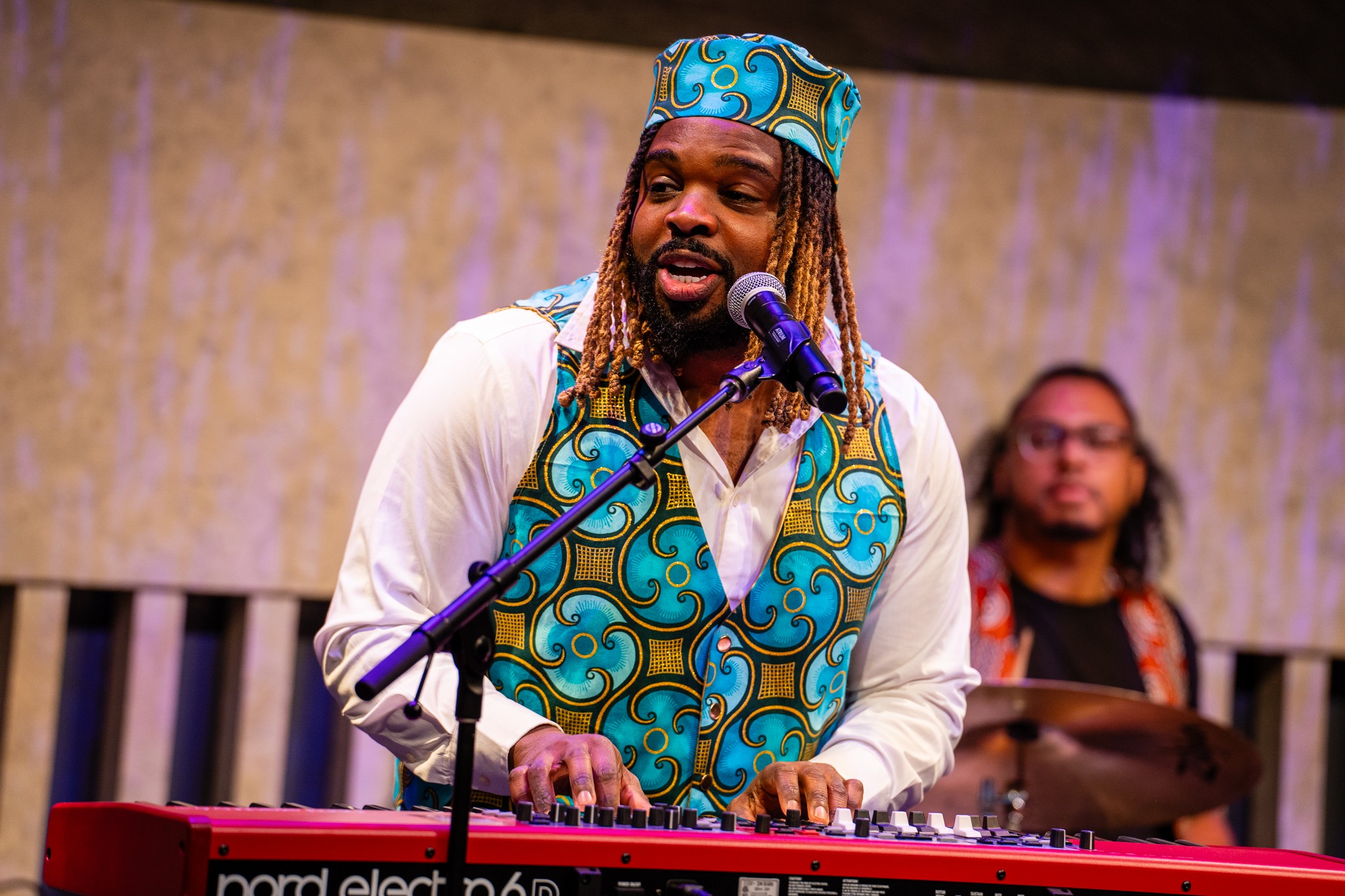

Image Credits
All Photos by Sam Popp


